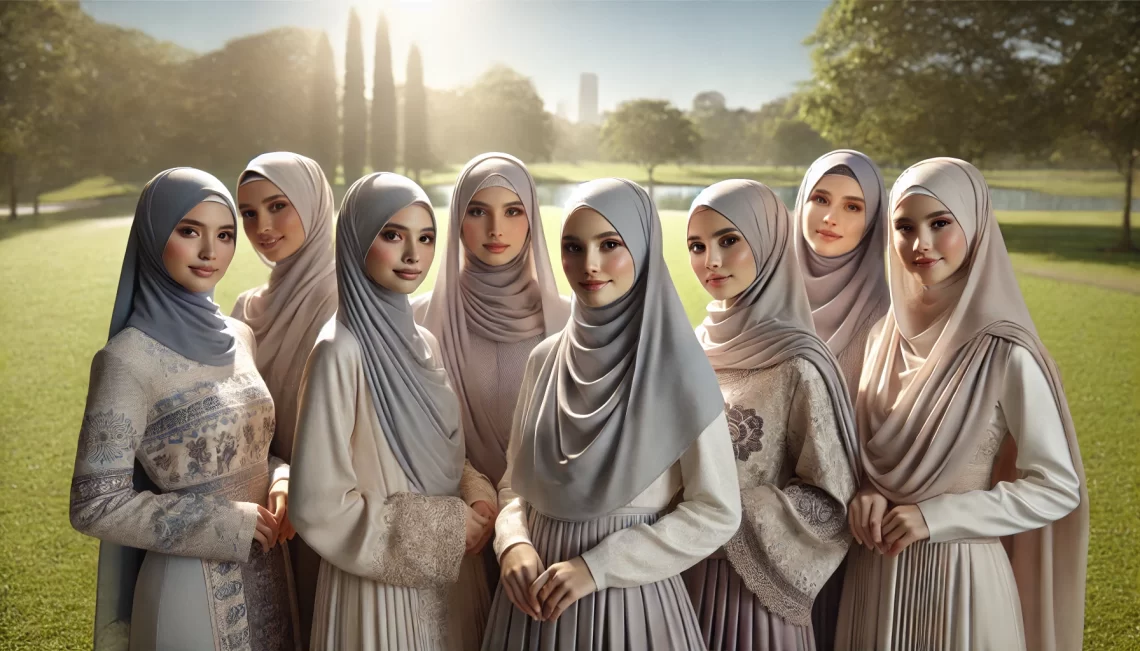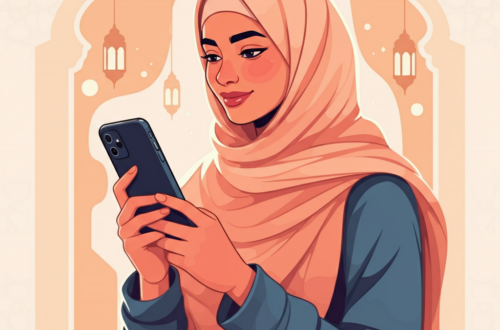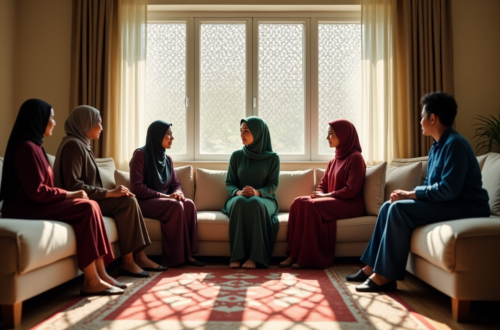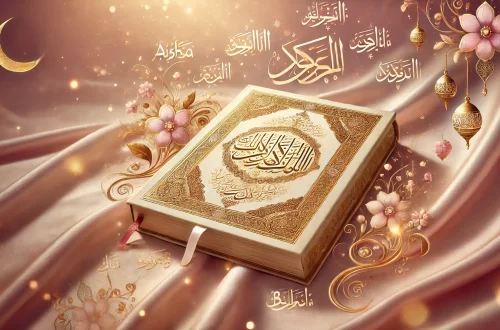The narrative surrounding Muslim women and their right to choose a spouse is often clouded by stereotypes and misconceptions. For centuries, the media, cultural biases, and even some individuals within Muslim communities have perpetuated the myth that Muslim women have no say in marriage. However, a closer look at Islamic teachings, historical practices, and contemporary realities reveals a very different story—one of autonomy, agency, and respect.
Join India’s leading Muslim Matrimonial platform, salaamsoulmate.com, and connect with your perfect match today!
Understanding the Foundation: What Does Islam Say?
The cornerstone of any discussion about Muslim women and their rights lies in understanding Islamic teachings. In Islam, marriage is not merely a social contract but a sacred covenant. The Quran and Hadith (sayings and actions of Prophet Muhammad, peace be upon him) emphasize mutual consent as a fundamental requirement for a valid marriage.
The Quran explicitly states in Chapter 4, Verse 19: “O you who have believed, it is not lawful for you to inherit women by compulsion. And do not make difficulties for them in order to take [back] part of what you gave them unless they commit a clear immorality.” This verse underscores the prohibition of forced marriages and highlights the importance of a woman’s consent.
Similarly, the Prophet Muhammad (peace be upon him) reinforced this principle. In one well-documented incident, a woman approached him, stating that her father had married her off without her consent. The Prophet immediately annulled the marriage, giving her the choice to continue or end it. This incident not only demonstrates the Prophet’s commitment to justice but also solidifies the woman’s right to choose her spouse.
Cultural Practices vs. Religious Teachings
Despite clear guidance in Islamic teachings, cultural practices often distort these principles. In some communities, societal norms and traditions overshadow religious mandates, leading to forced or arranged marriages without proper consent. However, it is essential to distinguish between Islam and cultural practices.
Forced marriages, honor-based practices, and restrictions on women’s autonomy are not rooted in Islam but are instead remnants of pre-Islamic customs or patriarchal structures. These practices contradict the spirit of Islamic teachings, which prioritize justice, compassion, and individual rights.
Historical Examples of Women’s Agency
Throughout Islamic history, numerous examples illustrate women exercising their right to choose their spouses. Khadijah bint Khuwaylid, the first wife of Prophet Muhammad (peace be upon him), was a successful businesswoman who proposed marriage to him based on his character and integrity. Her choice reflects not only her autonomy but also the societal respect for women’s agency during that era.
Another notable example is that of Umm Sulaym, who rejected multiple suitors and set clear conditions for her marriage based on her faith. These examples demonstrate that Muslim women’s agency in marital decisions is not a modern phenomenon but a well-established tradition.
Contemporary Challenges and Progress
While Islamic teachings are unequivocal about women’s rights, challenges persist in contemporary societies. Misinterpretations of religious texts, pressure from families, and lack of awareness often contribute to the perpetuation of harmful practices. However, many Muslim women and advocates are challenging these norms, reclaiming their rights, and fostering awareness.
Organizations and scholars worldwide are working to educate communities about the true Islamic principles of marriage. Social media platforms have also become powerful tools for amplifying women’s voices and sharing their stories. Campaigns advocating for women’s rights within an Islamic framework are breaking barriers and reshaping narratives.
The Role of Education and Awareness
Education is a pivotal factor in dismantling myths and empowering Muslim women. By educating both men and women about Islamic teachings, communities can bridge the gap between cultural practices and religious principles. Madrassas, mosques, and community centers play a critical role in this regard.
Moreover, intergenerational dialogue can help address the root causes of misunderstandings. Parents and elders, often influenced by cultural traditions, can benefit from learning about the rights Islam grants women. When families understand the importance of consent and mutual respect, they are more likely to support their daughters’ choices.
Breaking the Stereotypes
Stereotypes about Muslim women often paint them as oppressed or voiceless, particularly in the context of marriage. These narratives not only misrepresent Islam but also overlook the diversity and agency of Muslim women worldwide. From academics and activists to entrepreneurs and homemakers, Muslim women are asserting their right to choose their paths, including their life partners.
It is crucial for media, educators, and policymakers to challenge these stereotypes and amplify authentic voices. Representation matters, and showcasing the stories of empowered Muslim women can inspire others and dismantle harmful myths.
Empowering the Next Generation
The journey to ensuring that Muslim women’s rights are respected requires collective effort. Parents, religious leaders, educators, and community members all have a role to play in fostering environments where women feel empowered to make their own choices.
Programs that focus on leadership development, legal literacy, and confidence-building can equip young Muslim women with the tools they need to navigate societal pressures. Additionally, involving men in these conversations is essential, as they play a crucial role in challenging patriarchal norms and supporting gender equality.
Read More about marriage.
Conclusion
The myth that Muslim women lack the right to choose their spouse is rooted in misinformation and cultural distortions, not Islamic teachings. By revisiting Quranic principles, learning from historical examples, and fostering education and awareness, communities can uphold the rights of Muslim women and ensure their voices are heard.
Muslim women have the right to choose their life partners, a right that is both divinely ordained and historically validated. It is time to challenge the misconceptions, amplify authentic narratives, and empower women to embrace their autonomy. After all, the right to choose one’s spouse is not just an Islamic principle—it is a universal human right.






